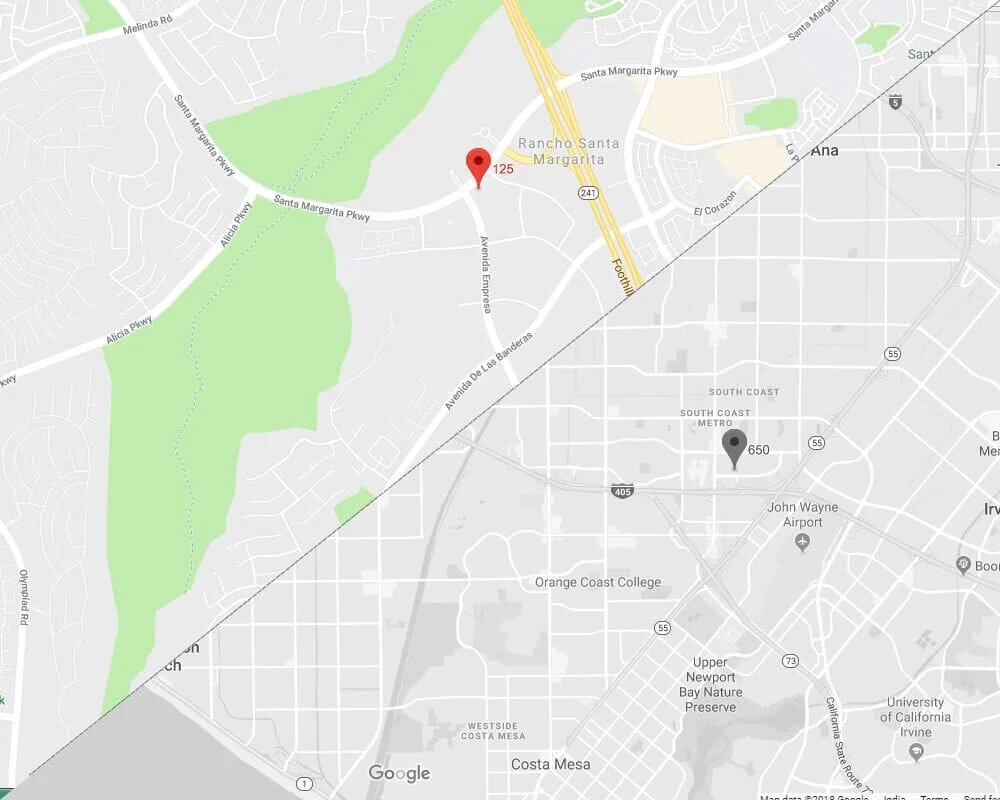
Criminal Conviction May Result In Deportation
The federal government may downgrade an immigrant’s status if they have been convicted of a felony. However, this will depend on the type of felony and the facts of the case. Non-citizens who are convicted of crimes of moral turpitude or aggravated felonies in California may be deported and prohibited from reentering the country. The term aggravated felony, in the context of immigration, may include some crimes that are usually considered misdemeanors.
When the aggravated felony immigration law was enacted in 1988, it was limited to crimes like drug trafficking, firearms trafficking and murder. Since then, several other offenses have been added to the list, including theft, fraudulent tax returns, missing court appearances and simple battery. Crimes of moral turpitude are those that a court determines are against the country’s moral standards. At least some courts have determined that perjury, wire fraud, carrying a concealed weapon, child abuse and tax evasion qualify as crimes of moral turpitude.
Conviction of one of these offenses does not necessarily mean deportation for foreign nationals in California. The United States Citizenship and Immigration Services will weigh many different factors when deciding which penalties to apply. Most forms of deportation relief are left to the discretion of USCIS officials. Aggravated felonies do, however, usually result in the deportation of the foreign national convicted. Because of the fact-specific nature of penalties that may be levied against foreign nationals, a convicted immigrant might want to meet with a lawyer.
A lawyer who has experience practicing immigration law might be able to help foreign nationals avoid deportation after a criminal conviction. Legal counsel could possibly negotiate with the USCIS to find another solution to the situation. A lawyer might also be able to help foreign nationals in California secure visas for work or study.
Learn More About What We Can Do To Help
We invite you to call us at 949-459-5900 to schedule your free initial consultation. You can also reach our firm by contacting us online.
Tell Us About Your Case
Each time we take a case, we look at the big picture: What can we do to best help solve the problem as efficiently as possible. We use our experience and creativity to propose solutions that allow you to put your legal matters behind you.
© 2025 Brown & Stedman LLP. All rights reserved.
